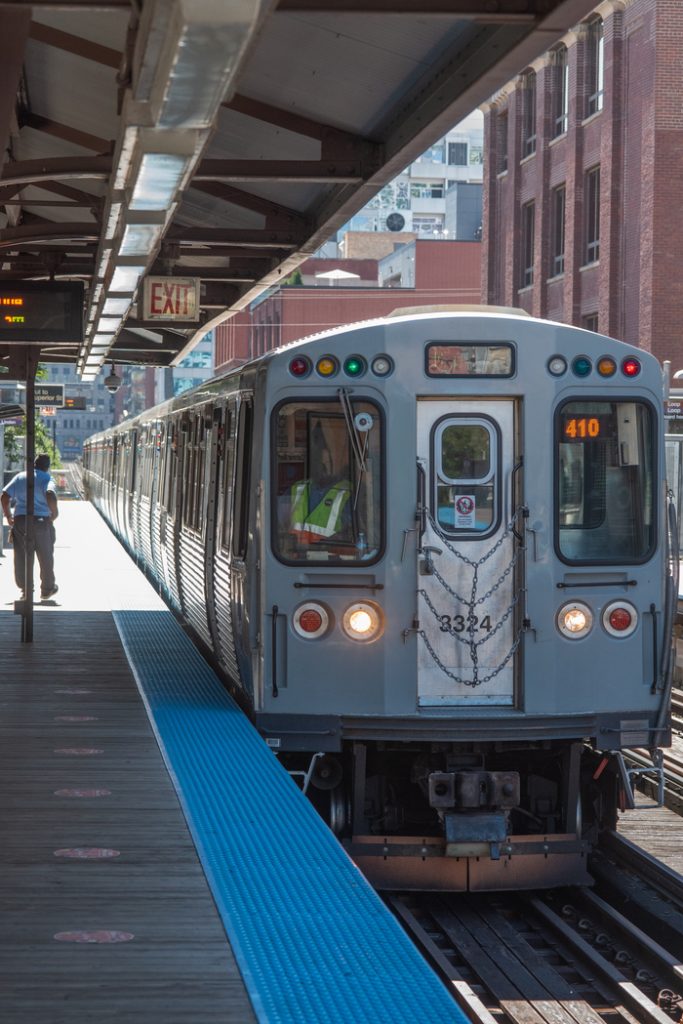Rail service at the CTA, unfortunately, continues to be plagued by issues surrounding hiring and training.
The persistent problems with the agency’s employment pipeline means riders continue to be frustrated with unreliable, infrequent transit service, and CTA workers continue to be frustrated by lack of adequate job growth opportunities.
In late December, we mobilized nearly 900 transit supporters in response to the proposed 2024 CTA budget.
The goal was to get the CTA board to invest in operator training and increase the number of courses offered. We’re confident that these steps will go a long way in restoring pre-pandemic levels of service on CTA.
In early January, we finally received a response from the CTA board indicating that it was committing to doubling the number of trainings in 2024.
While we commend the commitment to this ambitious goal, we’re concerned that this goal is not achievable, as our partners at Commuters Take Action lay out in their Chicago Tribune letter to the editor published in January.
Two of the most common avenues to become a full-time rail operator are to either start as a part-time flagger or customer service assistant.
These positions sadly do not offer the types of stable scheduling or compensation that would motivate workers to remain in the pipeline to eventually become rail operators.
CTA has previously taken steps to streamline similar hiring pipelines for bus operators. Other transit systems across the country do not require operators to begin as flaggers.
In fact, CTA itself only implemented these part time roles as a steppingstone to full time operator roles in more recent years.
As of the start of 2024, the CTA workers contract (ATU 308 and ATU241) is considered open for renegotiation.
Streamlining the hiring process and the path to full-time work as train operators should be a top priority in this round of contract negotiations to restore frequent, reliable transit service.
Photo courtesy of Steven Gross.

